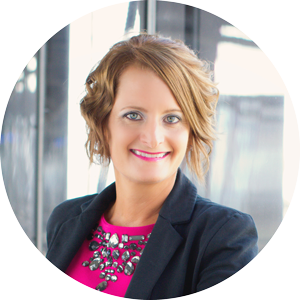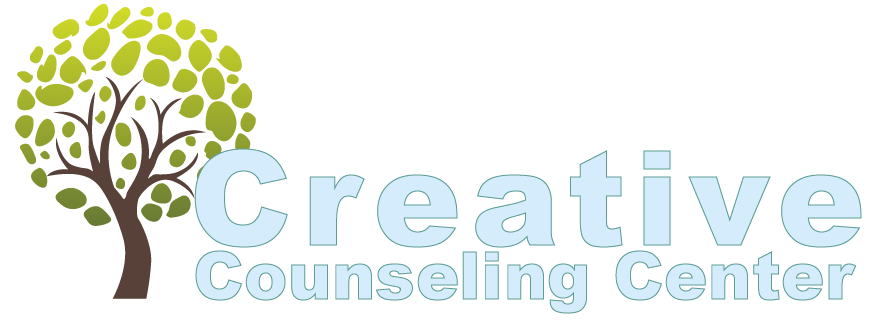Counseling vs. Psychology: What’s the Difference & Which Do You Need?
So often, people use the words “counselor” and “psychologist” interchangeably. But the truth of the matter is that there is a difference between counseling and psychology, and that difference, well… it makes a difference! People should choose whether to see a counselor or psychologist based on what they’re struggling with, and what their goals are. But before we get into that…
…let’s talk briefly about the difference between counseling and psychology. Education-wise, counselors generally have Master’s degrees and perhaps additional certifications and licenses, oftentimes with a concentration in counseling psychology, psychology or social work. Psychologists may have received their doctorate and practice as either clinicians, researchers, or both.
Counselors evaluate, diagnose, and treat populations with mental and emotional disorders, relying on techniques such as cognitive behavioral therapy (CBT), eye movement desensitization and reprocessing therapy (EMDR), emotional freedom technique (EFT), and other therapeutic modalities designed to teach healthy coping mechanisms and alter maladaptive or destructive behaviors.
Psychologists use psychological assessments to diagnose and treat mental health disorders, especially those that manifest with physical or neurological symptoms. Psychologists often refer patients to counselors for ongoing therapy once a certain level of treatment has been provided.
So, why would you see a counselor vs. a psychologist, or vice versa?
Both counseling and psychotherapy can be highly beneficial for treating any of the following conditions.
• Mild depression
• Clinical or severe depression
• Anxiety or panic disorders
• Personality disorders
• Post traumatic stress disorder (PTSD)
• Grief
• Marriage or relationship troubles
• Family conflict
• Anger issues
• Life transitions
• Stress management
• Substance abuse
• Trauma recovery
• Parenting
In most situations, counseling can support—and even enhance—the outcome of psychotherapy.
At Creative Counseling Center, our goal is to help our clients experience insight into their challenges through the process of talking about them. When a person begins to see how his or her behavior or beliefs are not serving to better their life, it becomes very empowering for them. They come to understand that learning new, healthier behaviors and coping mechanisms could change their entire life…and that it’s entirely in their control. Powerful!
Where psychologists aim to get their patient’s acute feelings “under control,” a counselor aims to guide and support their clients as they process their past experiences and come to understand their own feelings. Using proven, evidence-based therapeutic techniques, we guide clients to answer their own questions. In time, good decision-making becomes intuitive, and clients find they are more mindful of their behaviors, which provides them with the ability to preemptively correct maladaptive behaviors before they manifest.
The counselor-client relationship oftentimes feels like a friendship more than anything. Once trust is developed and an honest dialogue is opened, counselors get to know and understand their clients very well and become more like valued confidantes than hired professionals. This feeling of camaraderie is supported by the fact that most counselors practice in comfortable office-like environments, compared to the clinical environment of a psychologist’s office.
At the end of the day, both counselors and psychologists are available to support your mental and emotional needs. Don’t worry about picking the “wrong” professional—there really is no such thing, and if a counselor believes your circumstance is better suited to a psychologist, they’ll refer you to one. Vice versa, a psychologist will recommend a counselor if they believe it makes more sense.
Contact Creative Counseling Center
Maybe you’re not sure whether you need counseling or psychotherapy, but wherever you’re at, Creative Counseling Center is here to help. Request a free phone consultation using the brief form below and we’ll answer your questions and guide you in the right direction based on your needs and goals.
Contact Us
We will get back to you as soon as possible.
Please try again later.

ABOUT THE AUTHOR
Teri Karjala is a Licensed Professional Counselor & Marriage and Family Therapist. She is the founder and Executive Director of Creative Counseling Center, LLC. Working in the field since 1999, Teri and her team of therapists specializes in counseling for those who have experienced trauma. They work with children as young as age 2, as well as teens and adolescents, adults, seniors, families, and couples.
REQUEST A FREE CONSULTATION
If you have questions about counseling, would like to find out if counseling could help you or a loved one, or are interested in learning more about our services, just complete the brief form below to request a Free Phone Consultation. A member of our team will contact you shortly. After a brief conversation, we'll determine together whether our practice is right for you and which therapist may be best suited for your specific circumstance.
Finding the right therapist, one you click with, is less about the therapist's experience and qualifications and more about the therapist's personality. So let's talk. Let us match you with a therapist you have a high likelihood of clicking with.
Fields marked with an * are required.
Contact Us
We will get back to you as soon as possible.
Please try again later.
GET SOCIAL WITH US
CONNECT WITH US
PHONE
EMAIL US
ADDRESS
6021 South Syracuse Way, Suite #216
Greenwood Village, CO 80111
OFFICE HOURS
Monday-Thursday: 8:30am-8pm
Friday: 12pm-5pm
Saturday: 12pm-4pm



